In my last column I attempted to address the philosophical and legal conundrums raised by WandaVision, only to find myself distracted by the less-sexy-yet-surprisingly-interesting topic of corpse theft. But no more distractions! No more diversions into the arcane and obscure! This week, I’ll ponder the question that’s been on everyone’s mind since White Vision first graced our televisions: What would happen if a clone or copy of me suddenly appeared in my life?
The challenges posed by this question depend directly on the kind of clone we’re dealing with. Generally speaking, the more differences there are between us and our clone, the easier this question is to answer. Thus, the easiest scenario would involve the appearance of an infant clone — a newborn baby who shares 100% of your DNA but does not share any of your memories, experiences, or real-world development. In that situation, you would have to figure out what to do with the baby (e.g., whether to put it up for adoption, care for it as your own, etc.), and while that might create some logistical problems, it’s nothing the law couldn’t handle.
Things become harder when we have a clone who shares some memories and experiences but branched off at some earlier point. This is what happened in connection with Spider-Man’s infamous Clone Saga — Peter Parker was cloned in college, and his clone (who took the name Ben Reilly) went his own way, only to reappear several years later after both Peter and the clone had experienced significant life events.
This situation is more challenging than the first scenario, since, despite their independent growth, the individuals share many significant aspects of their life. For example, both Peter and Ben recalled a close relationship with Aunt May and romantic involvement with Mary Jane. Yet the fact that both versions had independent experiences means that, while their lives may overlap, they each have a distinct sense of identity and can lay claim to an independent life.
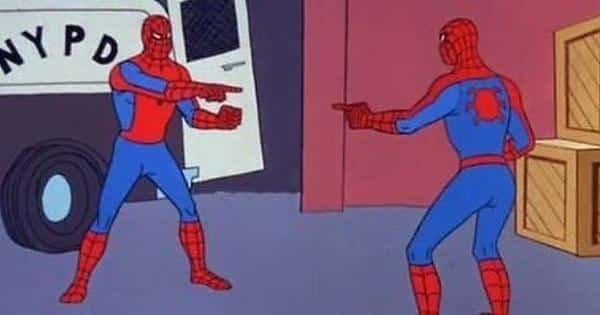
The most challenging situation involves a clone who shares all of the memories and experiences of the original, to the point where it may not even be clear who is the clone and who is the original. This situation is unprecedented and raises a host of questions that have no answers: What happens to the marriage? Who is entitled to the life savings? Which person needs to find a new job?
As you can tell, most questions are some variation of, “Which person can lay claim to the original’s life?” There are no easy answers here, but let’s consider some of the possibilities.
Option 1: This Life Isn’t Big Enough for the Two of Us
The first option would be to give all of the benefits — marital rights, parental rights, property rights, and so on — to one person. In an ideal world, the other person would receive some kind of government support, including new identity papers and a relocation package. The advantages of this approach are obvious: It’s clean, easy, and doesn’t require us to create any new legal categories or relationships. Simplicity at its finest. The disadvantages of this approach are also obvious, as it inherently deprives one person of their essential rights — rights that they built and earned over the course of their life.
There’s also the added question regarding how we should determine which person to cast out. If we can determine which is the original and which is the clone, the natural inclination would be to cast out the clone. After all, the original did nothing wrong, and one could argue that the original is uniquely entitled to his life by virtue of the fact that he invested the real-world time and effort into building it, unlike the clone, who appeared after the fact.
I don’t think that argument is persuasive, since we are considering a scenario in which the clone has all of the memories and experiences of the original, which takes away any reasoned principle for preferring one over the other. (In this respect, the debate over the significance of the original’s “real-world” experience is strikingly similar to a debate over whether to spend one’s life in an “experience machine.”)
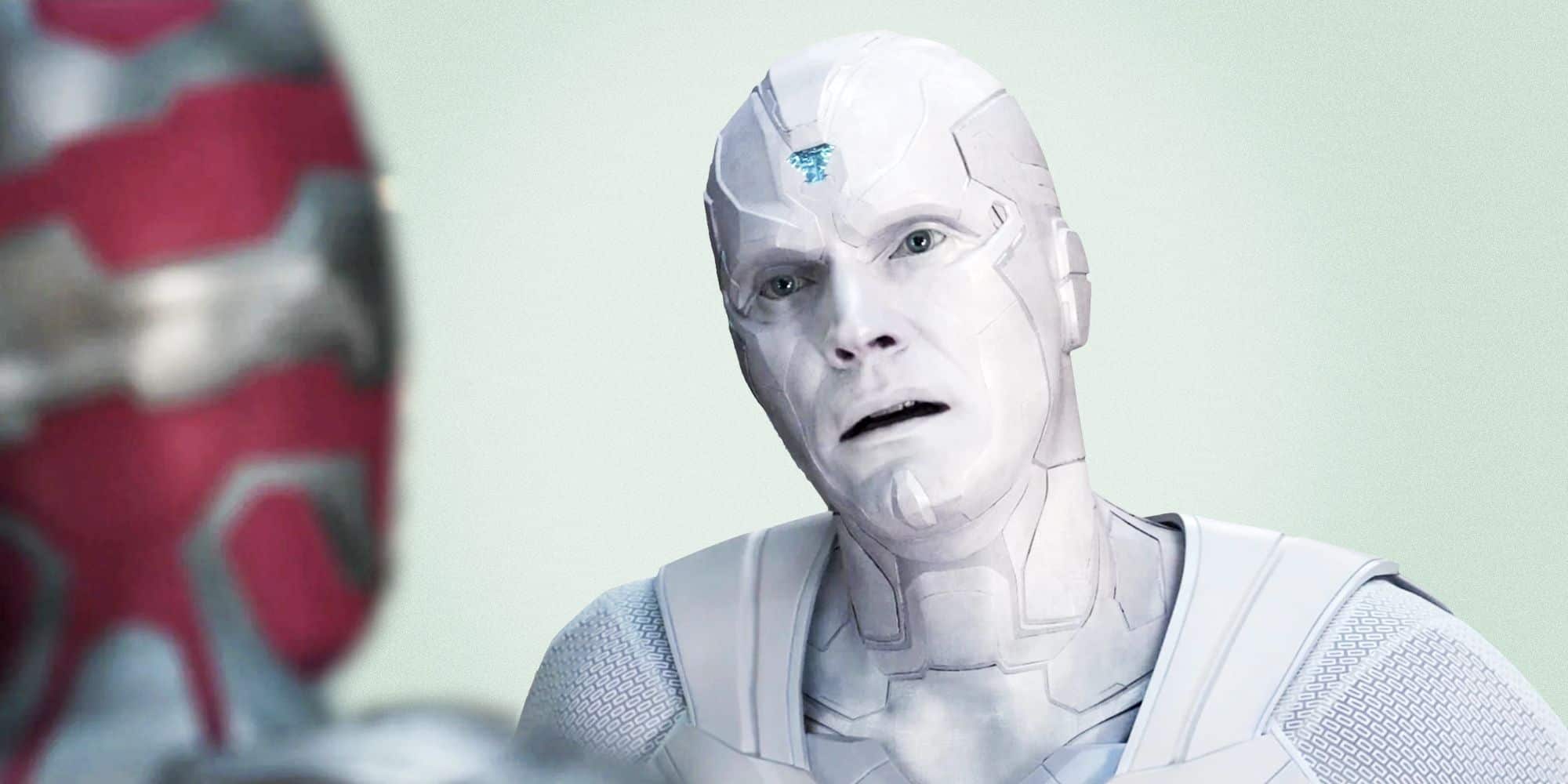
However, if we don’t know which is the original and which is the clone, how would we decide then? Given the rights that are at stake, it cannot possibly be fair to leave the results up to random chance. Instead, the determination must — in some way — be based on merit.
Because both versions of the person are identical from the time of creation, it stands to reason that no decision should be made until enough time has passed for the respective versions to have sufficient individual development that would allow a decider to make a meaningful distinction between the two. There’s a lot of variance in how this could play out.
In the abstract, it might make sense for both versions to agree to some kind of test shortly after creation that would evaluate their respective worth in connection with some value that is shared by both. It could be physical strength, intellectual prowess, wealth, or whatever other metric is viewed as significant to the person (both versions). Once the test is established, both versions will have sufficient time to prepare and to differentiate themselves from their counterpart.
Obviously, this solution is far from ideal — one could argue that since the two versions are identical at the time of creation, the question of which person will emerge superior must necessarily be a function of random chance. While that may be true, the fact remains that the random chance will be actualized as a measurable, real-world difference that implicates a significant value or character trait in a way that a simple coin toss would not.
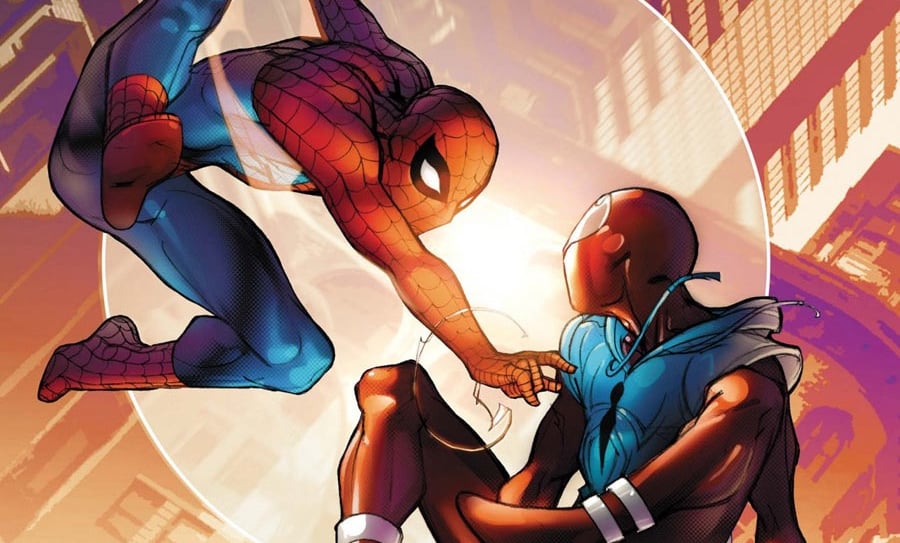
Option 2: Splitting the Pie
There is an entire area of law that works to help people divide a shared life. That is, of course, divorce law. Like clones, spouses generally have similar (or identical) property rights, family rights, and children. And as with perfect-copy clones, divorces often involve a parting of ways where neither party is at fault. Divorce law can tell us plenty about how to approach the division of resources between an original and a clone.
We can start with easy scenarios, which is basically any situation without a spouse or children. In this situation all of the individuals’ property could be viewed as jointly owned (analogous to marital property) and would be divvied up equally. Any inheritance would be assigned as if there were just one person, but those proceeds would be divided between the original and the clone. If the person has a job, then whichever person keeps the job would be required to pay some portion of the earnings as “clone alimony.” Those payments would continue until the clone obtained a job that paid just as much, though the amount of the payments would vary based on the specific circumstances.
Things get harder when we throw relationships into the mix. When it comes to children, the key question is of what is “in the best interests of the child.” For younger children it may be confusing to have two parents who are the same parent. Likewise, it is rarely beneficial to separate children from their siblings. Those factors tend to support a “winner takes all” approach to custody. And where the children go, the spouse/other parent is likely to follow.
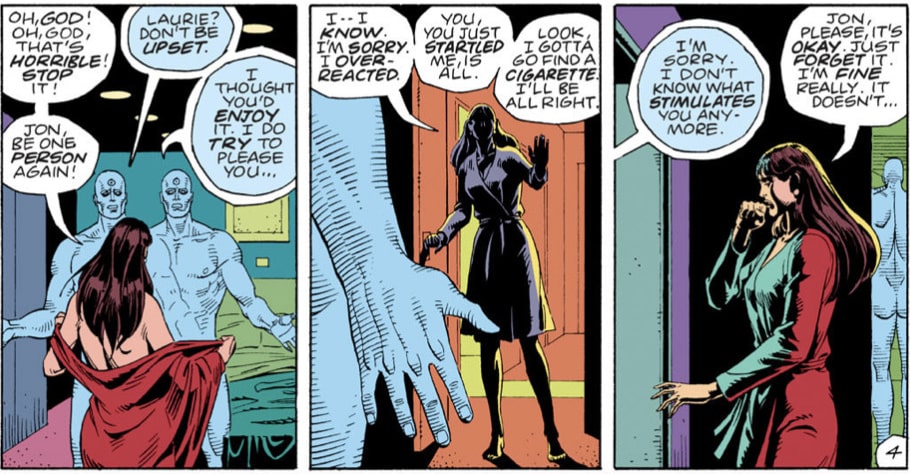
The only consolation would be that those questions would be separate from the question of which person gets to keep the job. But that question ends up exacerbating the lopsidedness, regardless of how it turns out. If the person with custody gets the job, then that person would end up with the most significant aspects of the life. On the other hand, if the person without custody gets the job, then the resulting alimony payments would mean he is essentially paying his copy to live his life.
Of course, not every situation will be that challenging. For older children, the original and copy could share custody. Over time, the two versions will develop their own identities and will build personal, individualized relationships with their children. Deciding which version gets to keep the spouse will always be challenging, but that seems unavoidable.
No one ever said clone divorce was easy.
Option 3: Let the Clones Decide
The law doesn’t really have “one size fits all” solutions. Instead, the ideal solution in any given situation depends on the facts and on the individuals involved. While I sometimes think it would be cool to have a clone, there can be no doubt that the sudden appearance of a perfect copy would be disastrous in almost every situation. The way forward, however, depends entirely on the individual involved, the relationships in that person’s life, and the values that motivate that person’s decision. While the law may be able to impose some kind of default procedure along the lines of a property split and/or relocation package, the best solution would be for the original and the clone to put their heads together to devise their own solution.
And unsurprisingly, that’s exactly what happened to Vision — Red Vision and White Vision engaged in a delightful (though brief) philosophical debate, decided which one should be considered the “real” Vision (it was White Vision, with new memories), and resolved their differences.
Of course, you don’t need to wait for a clone to decide how to solve this problem. By definition, you already have everything you need. So the question becomes, what is your solution? Do you split the pie or set up a winner-takes-all tournament against yourself? If it’s a tournament, what values would you seek to test? My answer is simple: The winner of the tournament would be the person who devises the best tournament — for in constructing that challenge, I have already won.

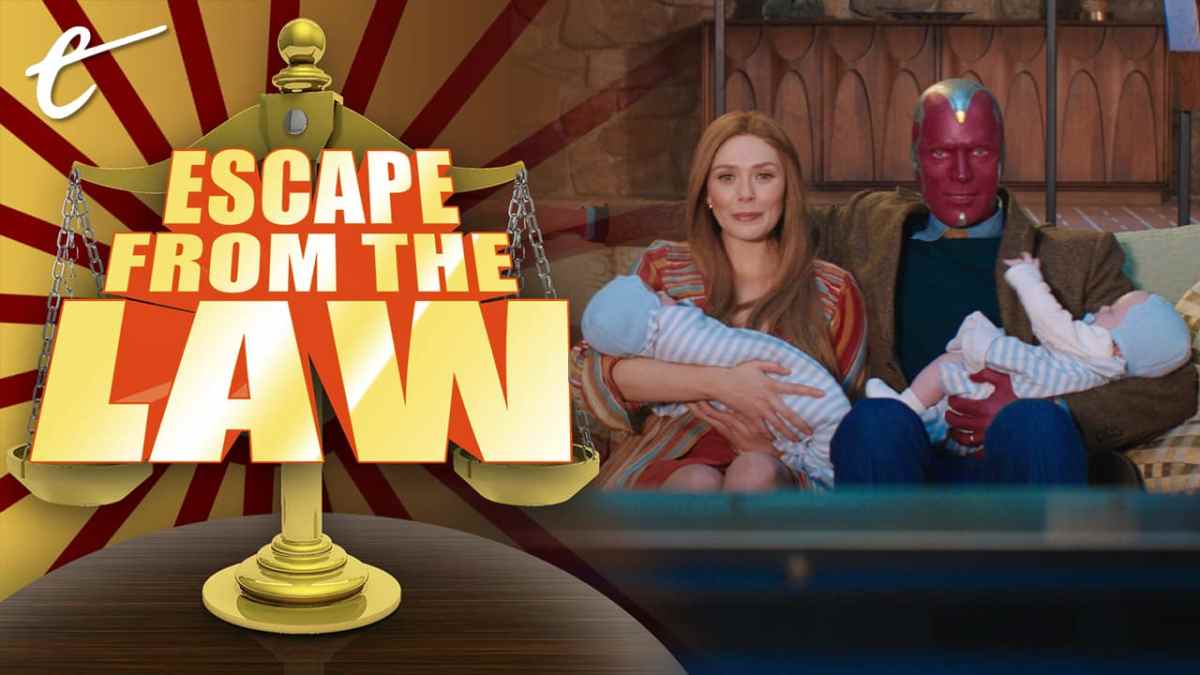




Published: Mar 14, 2021 03:00 pm